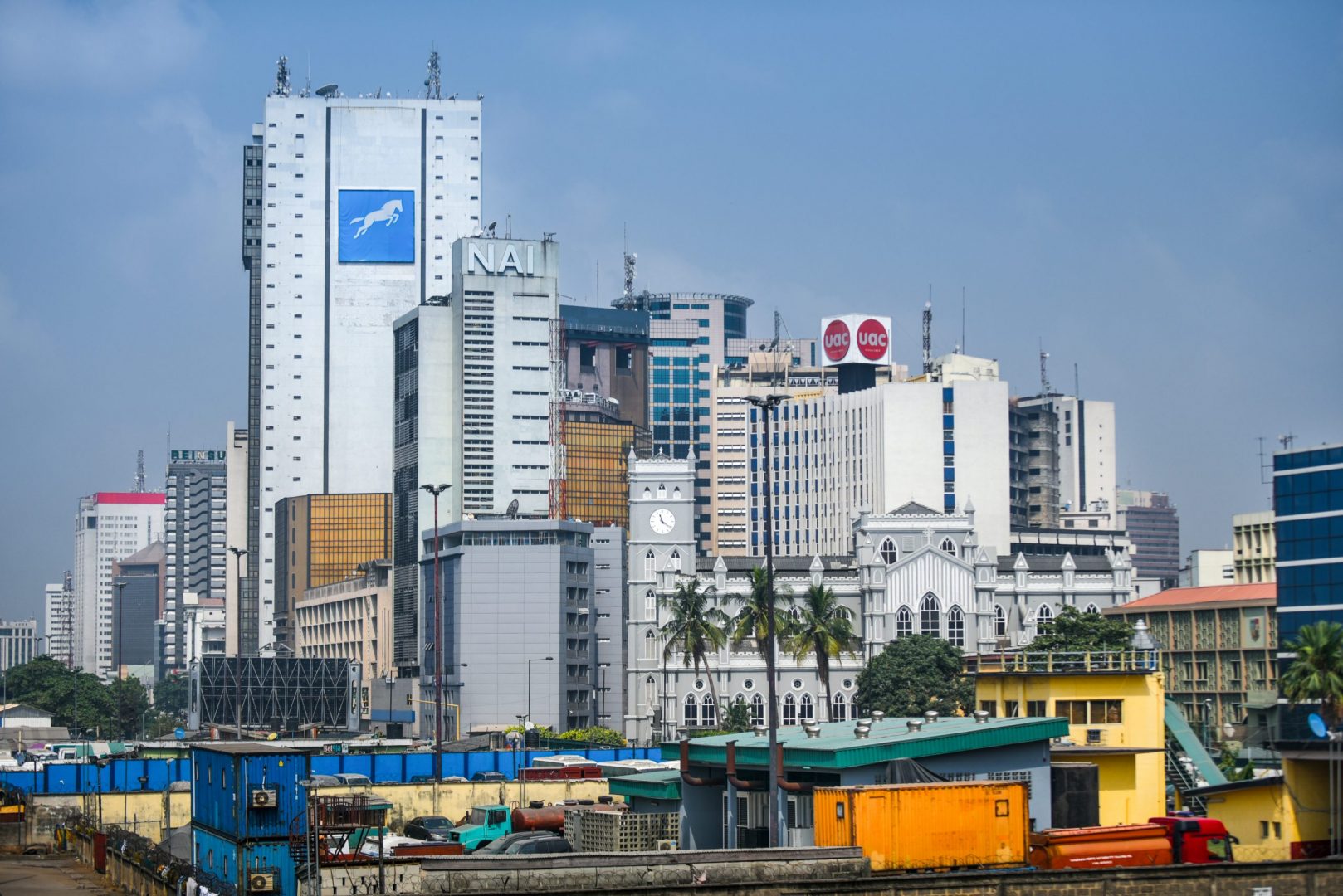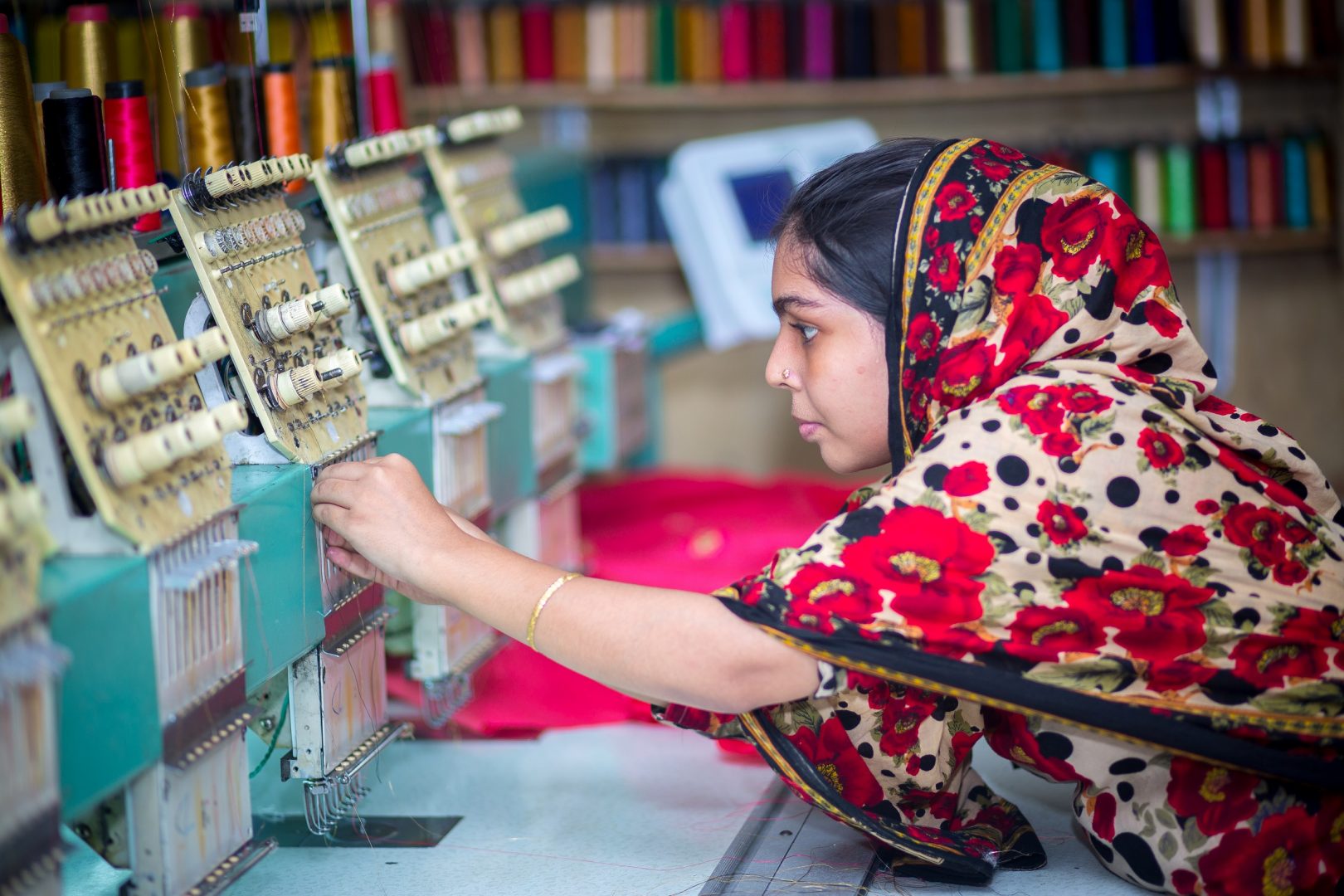The importance of manufacturing in contributing to economic growth is well recognised by economists and investors globally. It is key to the development agenda, contributing to several of the United Nation’s Sustainable Development Goals, both directly and indirectly.
There is broad recognition that countries cannot develop without a mature manufacturing sector, just as they cannot ‘leapfrog’ straight into a service economy. This year, COVID-19 has exposed the fragile nature of globally-dispersed manufacturing supply chains. This has reiterated the importance of creating and strengthening local and high-quality manufacturing hubs across Africa and South Asia capable of serving the basic needs of their populations.
So what does this mean for impact investors like CDC? To better understand how investors can maximise development impact through our manufacturing investments, we’ve undertaken an evidence review in partnership with the Overseas Development Institute (ODI). Summarising evidence from more than 240 studies, What’s the impact of investing in manufacturing? assesses the role of the manufacturing sector in driving economic, social, and environmental change, with a focus on emerging economies.
What did we learn from the evidence?
The review identifies three cross-cutting areas that are particularly relevant for private sector investors seeking to positively influence the impact of investments in the manufacturing sector:
- Technological upgrading increases firm productivity, can help lower emissions and can drive more sustainable jobs. Investments aimed at increasing the technological capabilities and technological level of goods produced by manufacturing firms will eventually result in significant gains in economic complexity, creating niche spaces in the international goods markets.
- The review highlights the importance of developing appropriate skills for workers. While manufacturing contributes to the development of technical skills, managerial skills are harder to develop. The development outcomes of private sector investment would, therefore, be strengthened by considering investments that ensure managerial and technical skills are transferred to local workers.
- The manufacturing sector promotes the creation of linkages between firms, which act as conduits of knowledge and technology transfers, productivity and spillovers. Investments should focus on supporting the creation of these linkages, for example by bridging the gap between more technologically advanced firms and potential suppliers.
In this review, we have sought to identify pertinent lessons for private sector investors, as well as highlight any trade-offs investors may need to balance. Based on the evidence, the impact framework that guides our investment strategy focuses on three long-term impact goals:
- Improved standards of living: we aim to scale businesses that can improve the availability of basic manufactured products and provide economic opportunities by creating jobs and improving income levels. Expansion of the manufacturing sector has led to overall poverty reduction in countries that have expanded this sector.
- Economic transformation: we seek to accelerate the development of the manufacturing sector and broader support ecosystem in our focus geographies. The broader evidence base links greater economic complexity (namely increases in productivity, both within sectors and between sectors) to more diversified, productive, and resilient economies.
- Improved environmental sustainability: we want our investments to positively contribute to the decoupling of economic growth from environmental degradation. We seek to invest in models that contribute to more responsible production and consumption, thereby supporting greenhouse gas mitigation and more climate-compatible productivity.
Development finance institutions and other investors currently devote relatively small portions of their investment budgets to the sector. We hope this review will encourage more private sector investors to focus on growing the manufacturing sector, especially in Africa and South Asia, in recognition of its fundamental role in transforming economies and supporting productive, resilient economic growth. We believe there are tremendous opportunities waiting to be unlocked.
To find out more about our approach to investing in manufacturing, read our sector strategy.








